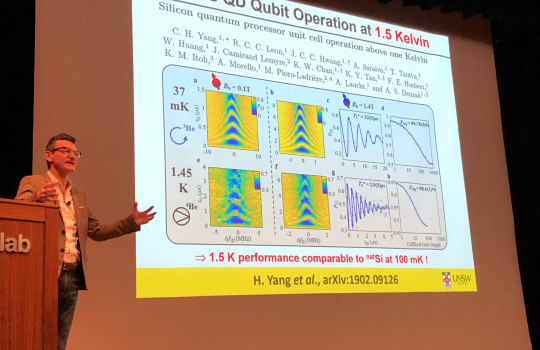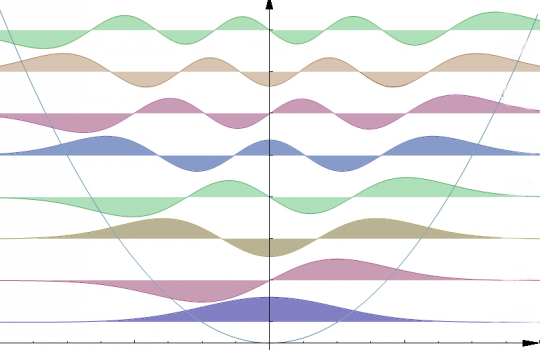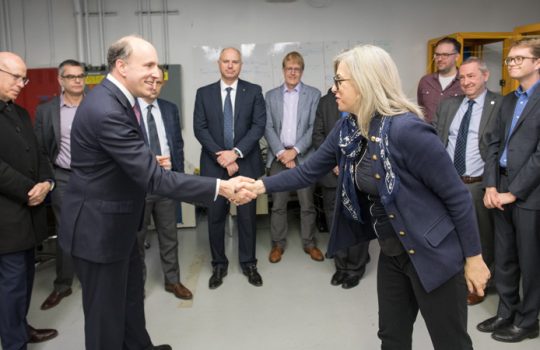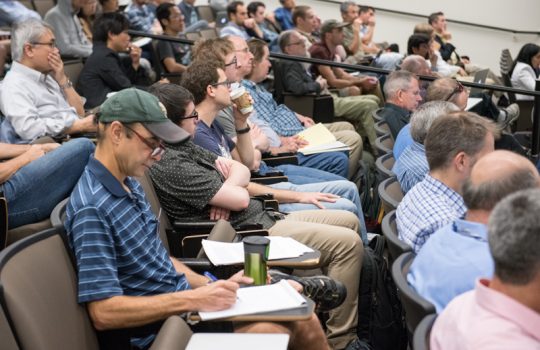Devs, determinism and maybe-dead cats
From Northern Public Radio’s The STEM Read Podcast, March 13, 2020: Then Gillian King-Cargile interviews Fermilab Education and Public Outreach Head Rebecca Thompson to unpack the topics of quantum mechanics, determinism and quantum computing. Thompson is the creator of the Spectra comic book series and author of “Fire, Ice, and Physics: The Science of Game of Thrones.”






